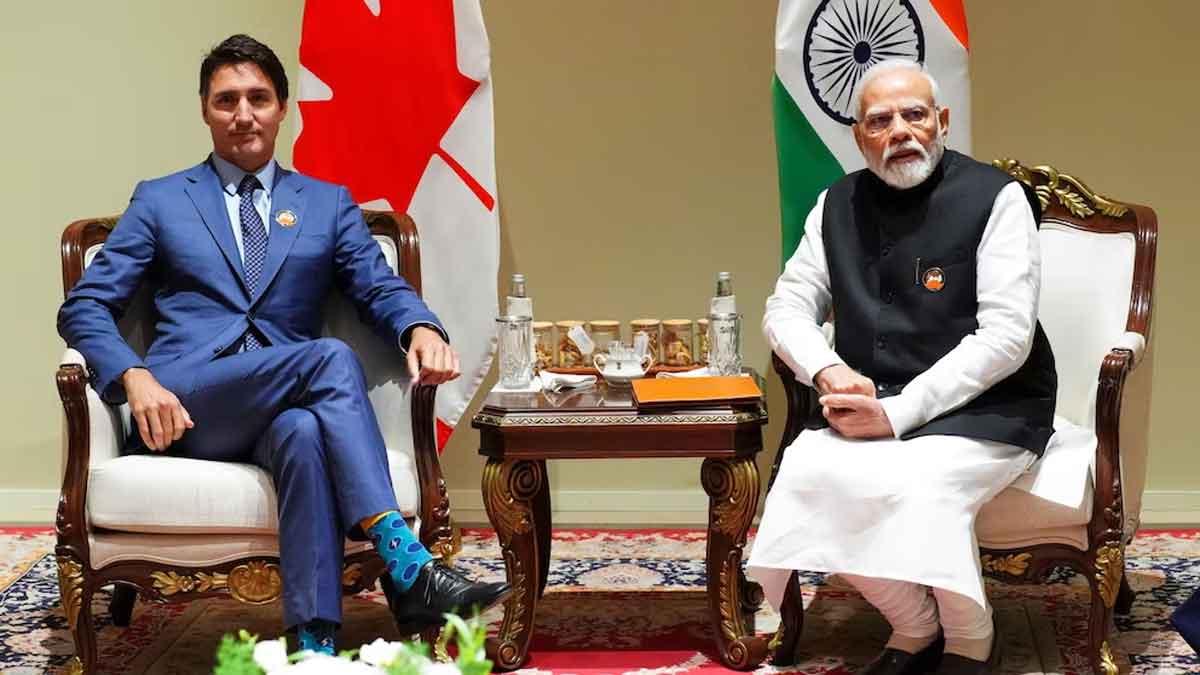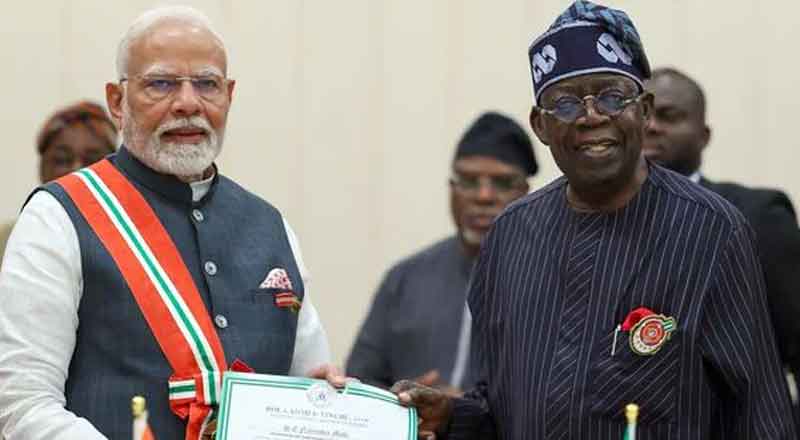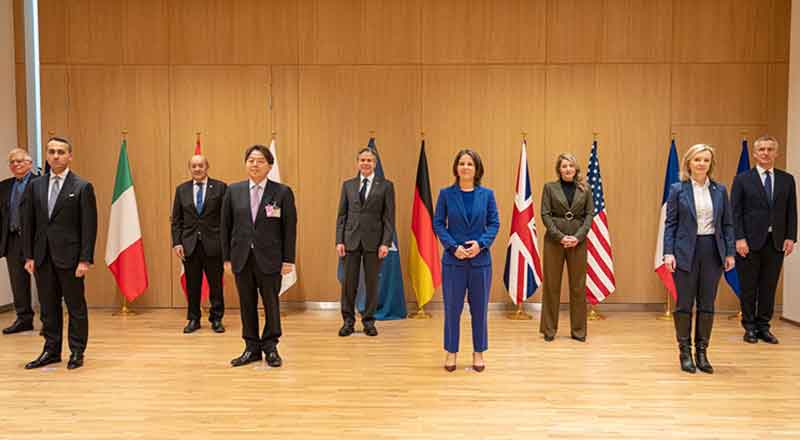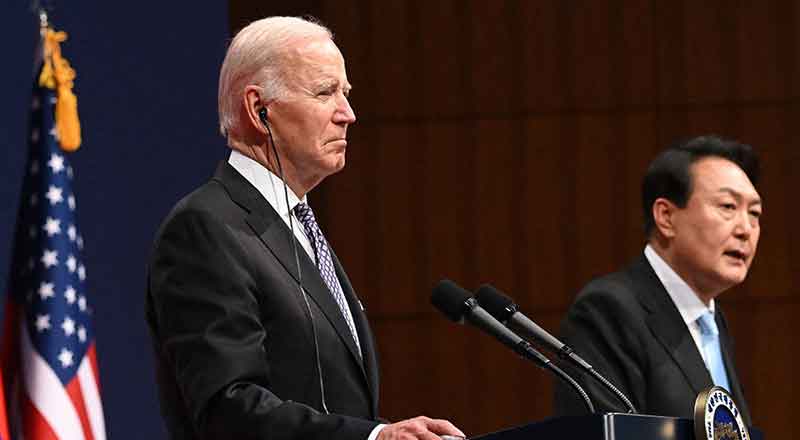- As many as 41 Canadian diplomats departed India ahead of the diplomatic immunity deadline set by New Delhi.
- The diplomatic drawdown came after India sought “parity” in the strength of Canada’s diplomatic presence by bringing down those stationed in the country from 62 to 21.
- The Global Affairs Canada statement said “This mass expulsion will impact our operations, and client service will be affected.”
- Canada’s Minister of Foreign Affairs Mélanie Joly said that Canada will “continue to engage” with India, as “Now more than ever, we need to have diplomats on the ground and we need to talk to one another.”
The Canadian government announced that 41 of its diplomats in India had departed, a day prior to the deadline set by New Delhi for their withdrawal, failing which they were liable to lose diplomatic immunity. However, Ottawa is unlikely to escalate the diplomatic row, as Canada’s Minister of Foreign Affairs Mélanie Joly said Ottawa has “decided not to reciprocate” even as the development was defined as “expulsion” of the Canadian diplomats.
The diplomatic drawdown came after India sought “parity” in the strength of Canada’s diplomatic presence by bringing down those stationed in the country from 62 to 21.
In a statement from the country’s foreign ministry, Global Affairs Canada, Joly said, “India accredited each and every one of the Canadian diplomats they are now expelling. And all of those diplomats were carrying out their duties in good faith, and to the greater benefit of both countries.”
The original deadline for bringing down the number of Canadian diplomats in India was October 10. But Canada had let that deadline elapse while engaging in private negotiations with India. However, those talks appear to have failed. However, she added that Canada will “continue to engage” with India, as “Now more than ever, we need to have diplomats on the ground and we need to talk to one another.”
She also said the decision by India was unprecedented. “A unilateral revocation of diplomatic privileges and immunities is contrary to international law. It is a clear violation of the Vienna Convention on Diplomatic Relations,” she argued. She added that threatening to strip such immunity was “unreasonable and escalatory” since that allows “diplomats to do their work, without fear of reprisal or arrest from the country they are in.”
The Global Affairs Canada statement said “India’s decision will impact levels of services to citizens of both countries. Immigration, Refugees, and Citizenship Canada (IRCC) will continue to accept and process applications from India.
Five IRCC staff will remain in India and focus on work that requires an in-country presence such as urgent processing, visa printing, risk assessment, and overseeing key partners.
This is the latest development in the cratering of the relationship between the two counties after Canadian Prime Minister Justin Trudeau’s statement in the House of Commons on September 18 that there were “credible allegations” of a potential link between Indian agents and the killing of Khalistani figure Hardeep Singh Nijjar on June 18.
Both countries expelled a diplomat in the immediate aftermath of Trudeau’s statement.
Nijjar was gunned down in the parking lot of the Guru Nanak Sikh Gurdwara that he headed in the town of Surrey in the province of British Columbia. Nijjar was considered a terrorist by Indian authorities but no charges had been levelled against him in Canada or were tested in a Canadian court.
(With inputs from agencies)





